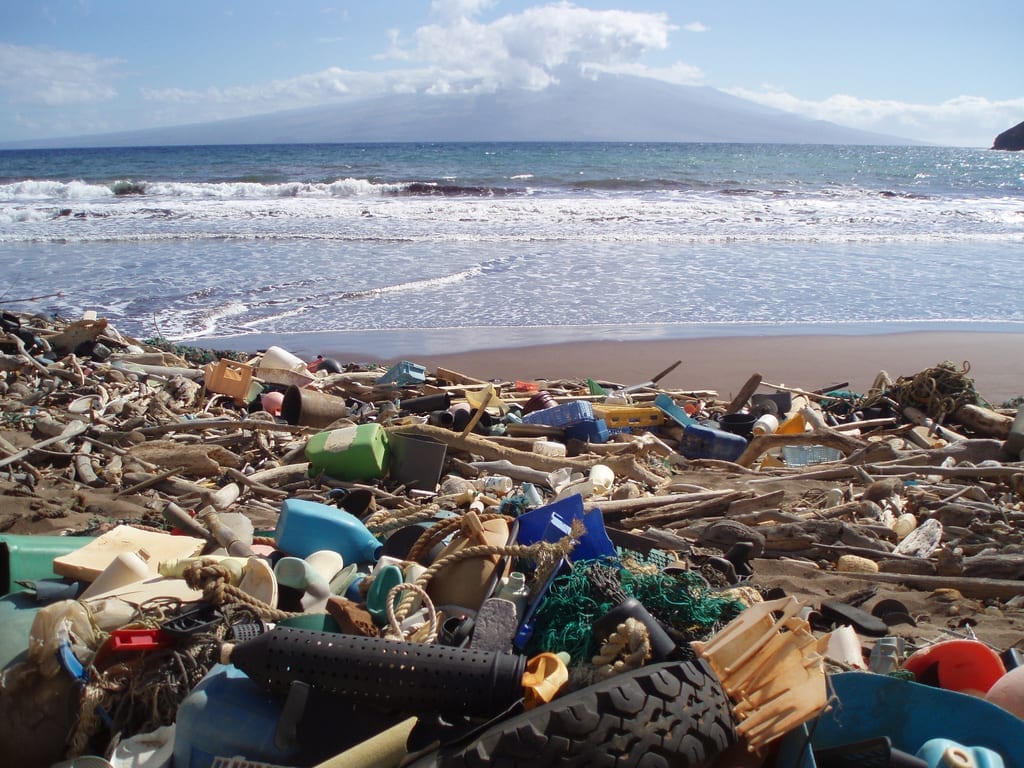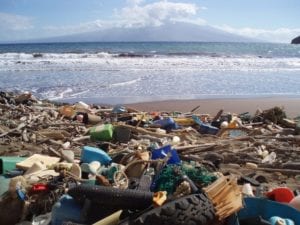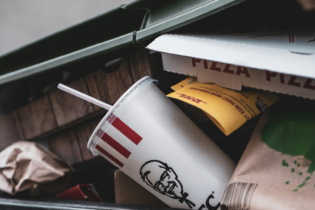
A new report says that there could be more plastic than fish in the ocean by 2050. Picture: Supplied
Companies have also jumped on board to help with this initiative. They include Unilever and Procter and Gamble. Both companies committed to increasing plastics recycling and cutting back on their overall use of plastic products and materials.
Unilever said it would ensure that all of its plastic packaging “is fully reusable, recyclable or compostable by 2025”. At the Forum, it was noted that 20% of the world’s plastic production could be profitably re-used and a further 50% has the potential to be recycled instead of it piling up in landfills and having a killing effect on ocean wildlife. However, the WEF noted that “without fundamental redesign and innovation, the remaining 30% of plastic packaging will never be recycled and the equivalent of 10 billion garbage bags per year will be destined to landfill or incineration”. Other companies on board to improve plastics recycling include beverage company Coca-Cola, dairy company Danone and chemicals manufacturer Dow Chemical.





